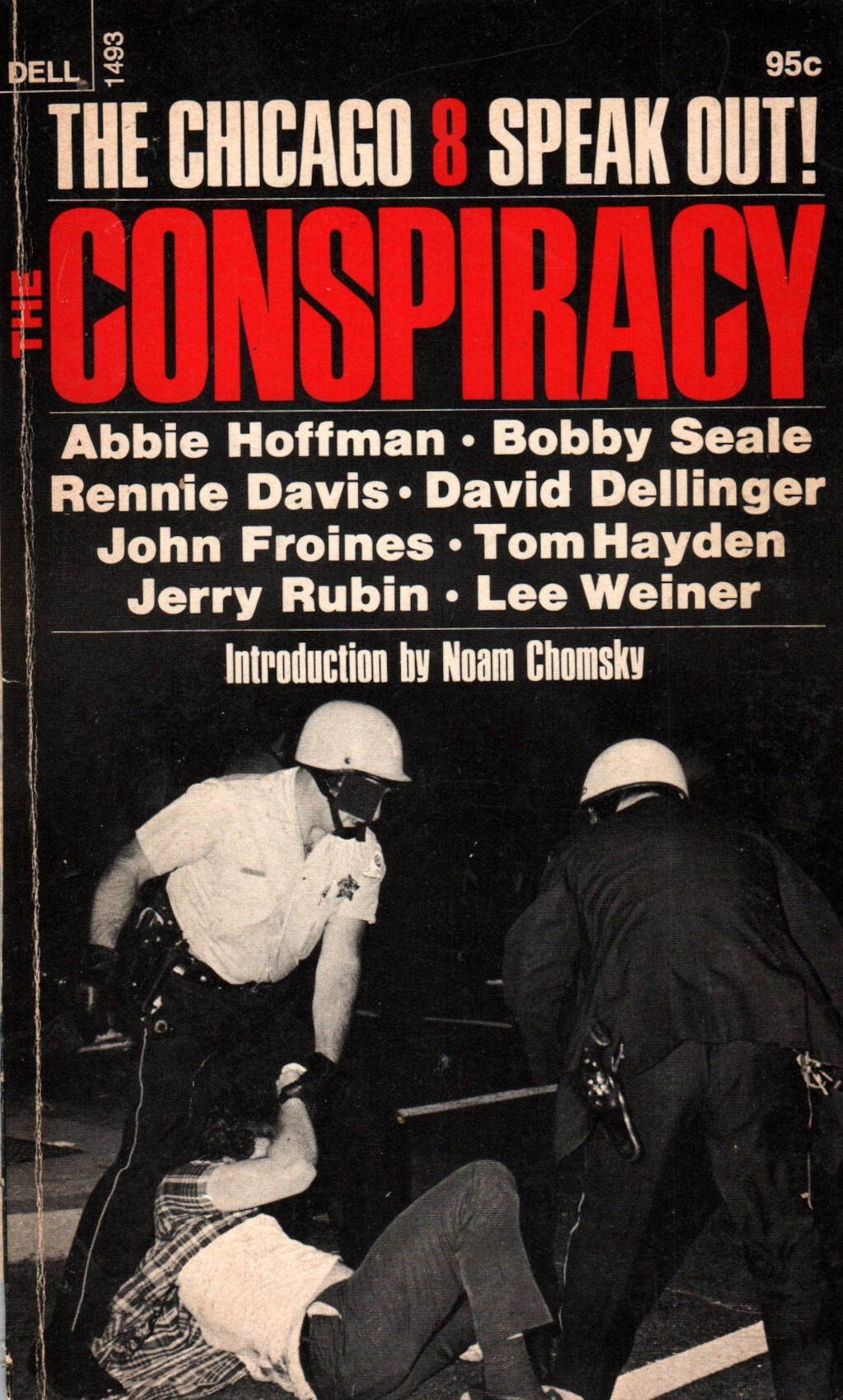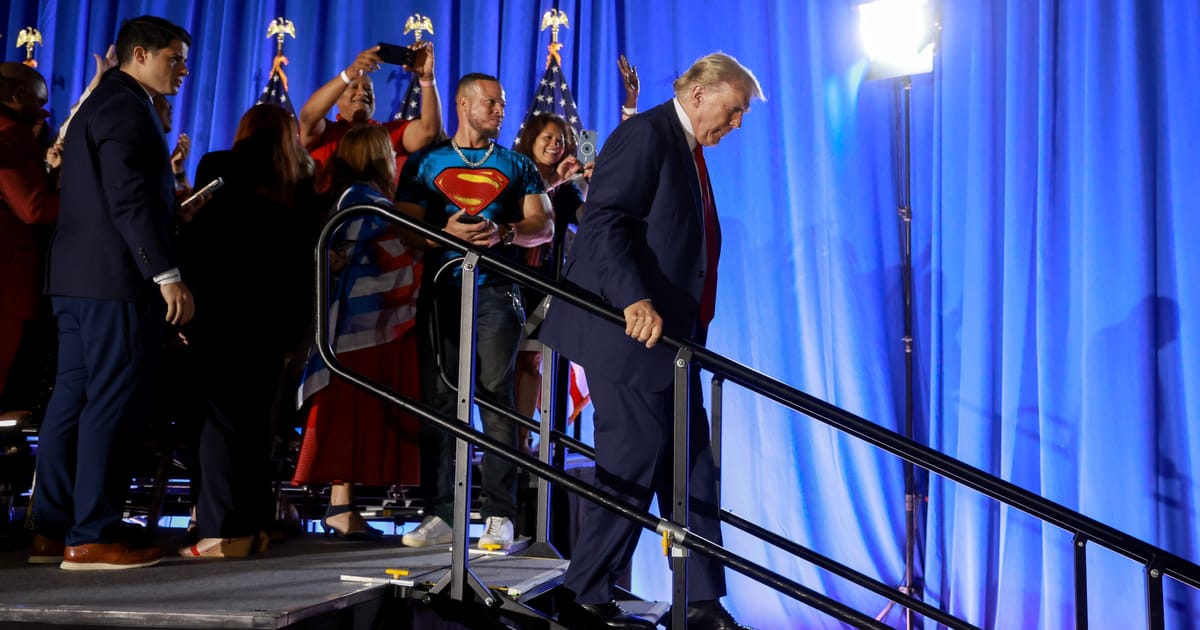Five
- 320 Posts
- 130 Comments
 12·2 days ago
12·2 days agoOh, no! Not Lemmy downvotes! What will you trade in for equity when the Fediverse goes public?
 7·7 days ago
7·7 days agoThe code is completely written in JavaScript, so all the code is readable if you look at the source, which is also available on the GitHub page. https://stablenarwhal.github.io/LemmyInstanceMover/js/script.js
It looks like it uses a Lemmy API endpoint to transfer account settings.
 5·7 days ago
5·7 days agoRuns entirely in js? https://github.com/StableNarwhal/LemmyInstanceMover

 13·13 days ago
13·13 days agoRemoved by mod

 12·14 days ago
12·14 days agoRemoved by mod

 21·14 days ago
21·14 days agoRemoved by mod

 1·16 days ago
1·16 days agoDuplicate

 6·17 days ago
6·17 days agoAt the last family reunion, my mother and I were in charge of making all the food. We spent 3 days getting all of the groceries, and stacked fruits and vegetables in the family room, filled the bathtub with ice to keep the meat, and stacked the drinks in the garage.
We fried the meat, boiled the noodles, mixed the salad, and cooked the chili. The entire counter and range were covered in pots and pans. Most of the intermediate cookware had been rinsed and was in the process of going through the dish cycle while we were setting tables out in the yard, when my Mom realized she hadn’t made any red pea soup. Her brother was flying in from the island for the occasion and she knew it was his favorite. The bag of peas had hid under a couch pillow, and we missed it while making the rest of the meal.
We didn’t have enough time to wait for the cleaning cycle to finish, so I dumped out a shallow stainless steel flower vase and put that over the flame. There was no time to soak the peas, so my mom just mixed them raw with the broth, yams, carrots, milk, and spices, and then transferred them to a clean bowl once the cycle was complete. The soup didn’t look right, though. The peas and broth are supposed to have a full ruddy color, but the result was a much darker red like a beet.
When uncle arrived he was really pleased to see we’d kept him in mind, but after the event was over and everyone had gone home, we found a pile of wet peas dumped behind some bushes. I learned a very important lesson that day: Those who make peas full-red solution in posse bowl, make violet-red solution inedible.

 121·17 days ago
121·17 days agoAFAIK the Economist’s Democracy Index and the Human Development Index use methodologies and statistical methods generally respected by social science.
Ad Fontes is a grift posing as a public interest institution to re-package the horseshoe theory and sell it back to gullible people for $500 memberships while promising institutions greater ad revenue if they play along with the con. It’s another tool of the consent manufacturing industrial complex. Are you even aware of their methodology? It’s a joke.

 194·18 days ago
194·18 days agoYou take credibility advice from an organization that proudly identifies itself as right of CBS News and The Weather Channel?
Isn’t that a little bit biased?
If you think the article is lying, say so. Don’t hide behind the ‘impartiality’ grift.

 1·19 days ago
1·19 days agodanb.me’s criticisms and tone are valid, but it looks FUTO has taken down their ill-advised license page and are using an unmodified AGPL.
I’m struggling to assign malice here; Louis is a hardware guy, and not every software person is really up on what distinguishes free software from freeware. FUTO seems like a pretty small shop; I’d give them a pass on this one.

 4·19 days ago
4·19 days agoIs this what you’re talking about? Is AGPL controversial now?
When did Louis “Right to Repair” Rossmann become the bad guy?

 8·30 days ago
8·30 days agoTIL that Trump’s Russian patronymic name is Fredovych.

 15·1 month ago
15·1 month agoReddit is notorious to responding to financial incentives. In the past they would ban communities only when they became toxic to advertisers due to overwhelming negative publicity. During those purges, they would often throw in some leftist subs to prevent the user-base political average from shifting leftward, but the purges were never proactive.
I think we’ve entered a new era where Reddit is no longer as concerned about which subs may scare advertisers, and are more concerned about which subs generate the kind of content that is valuable to LLM training. If I were training the next version of ChatGPT, I would be alarmed if a text prompt spontaneously invited me to masturbate with it, or prompts for images of a “battle station” resulted in walls of women having sex.

 15·1 month ago
15·1 month agoThe title is auto-populated from the site’s meta information. The meta title is usually the same as the article title. In this case it’s not:
<meta property="og:title" content="New Caledonia riots: France declares state of emergency, bans TikTok"/>There’s no conspiracy to report deceptive headlines; it’s probably just an alternate title in the website code that wasn’t changed with the other content after the article was already in print.
Also, where else has this been posted? I don’t see any cross-posts.

 2·3 months ago
2·3 months agoYeah, most laws have nothing to do with justice and are merely threats made by social elites to working people. I don’t need that explained to me. I think you misunderstood my politics from my initial comment.

























Gravity Is A Social Construct, And That’s Ok YT
Edit: I see you’ve already linked the video downthread.